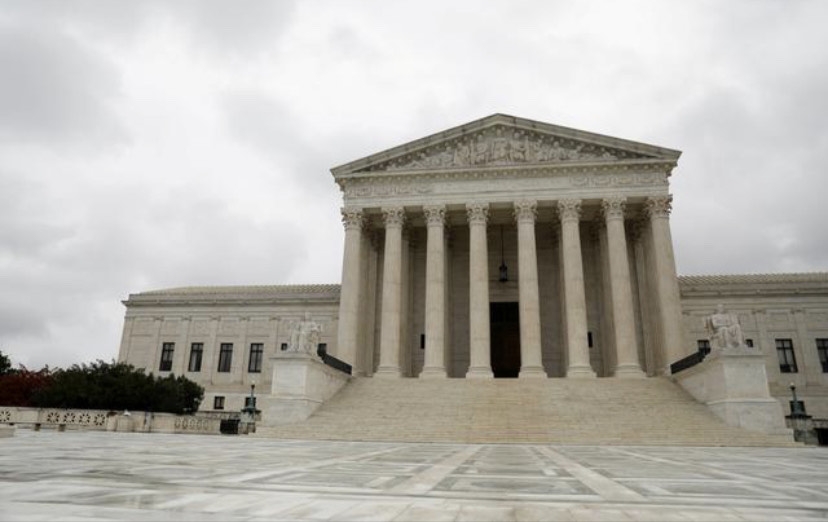(ATF) Billed as the biggest software legal battle this year – and one that also carries enormous implications for copyright in the digital era – the decade-old tussle between Oracle and Google over software rights is slated to move to the Supreme Court on Wednesday.
Reportedly, eight justices will hear lawyers from both sides argue the dispute, which dates back to a suit filed in 2010 by Oracle seeking billions over Google’s use of Java programming language in its Android mobile operating system.
At issue is whether Oracle can claim a copyright on Java APIs and, if so, whether Google infringes these copyrights. API is the acronym for Application Programming Interface, which is a software intermediary that allows two applications to talk to each other. Each time one uses an app like Facebook for instance, or sends an instant message, or checks the weather on a phone, one uses an API.
Many twists and turns
The clash of two Silicon Valley giants has been fierce with many anxious moments.
While Oracle has claimed for years that Google’s Android operating system is built on stolen code from the Java software platform, Google has steadfastly argued that it fairly developed its own alternative to Java code.
According to a Justice Department brief, Google “copied 11,500 lines of (Oracle’s) copyrighted code” as well as the “complex architecture of the 37 packages.”
But over these years, the lower courts have sided with Google, as they concluded that companies can copyright API packages, which are vital to making different software programs work together, and prevent other companies from using them commercially without a license.
READ MORE: Google, US government prepare for battle over market power
Google and many Silicon Valley allies have also argued that extending copyright protection to bits of code, or APIs, would threaten innovation in the fast-evolving digital world. A win for Oracle would “upend the longstanding expectation of software developers that they are free to use existing computer software interfaces to build new programs,” they said.
The Developers Alliance, a nonprofit group which includes app makers and other tech firms, even filed a supporting brief making a similar argument, that read “without shared APIs, every device and program is an island, and modern software development simply cannot happen.”
Political overturns
Still, the case has taken a political flavour over the years as well
A US government brief filed earlier, for instance, argued that Oracle’s copyright cannot be taken away from creators simply because it exists in digital format. This is not surprising since Oracle founder Larry Ellison is believed to be close to US President Donald Trump.
Also siding with Oracle, the American Association of Publishers argued that weakening copyright protection would make it more difficult “to create and disseminate original works of authorship.”
Small wonder then that The Hudson Institute, a conservative think tank, said in a court filing that allowing Google to walk away with “intellectual property theft” would make it hard to protect any digital property from Chinese misappropriation.
No easy win
A decision by the court, which is hearing the case remotely is likely to take several weeks or months, but delivering a judgement would not be easy, felt experts.
For, while Google is expected to argue that a jury has already determined its actions represented fair use and that the courts should honour that decision without prolonging the litigation, Oracle insists that Google’s copying was as good as stealing.
Already an amicus brief filed earlier by The U.S. Department of Justice claimed: “If Google’s approach were sound, a developer could steal half of another developer’s program and finish it herself, so long as the stolen half did not function on its own.”
A clear ruling for Google could end the marathon legal battle, while a decision for Oracle could send the case back to lower courts — and a potential retrial.
- With reporting by AFP
























